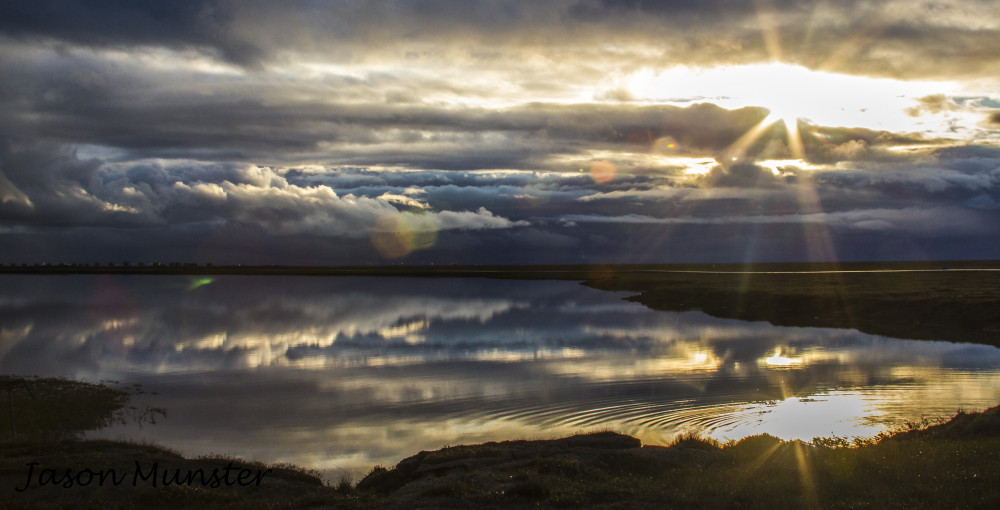One of my friends once told me, "If you are complaining about the government and aren't doing anything to solve the problem, then you are part of the problem."
I decided to do more than write about pollution associated with energy, and have started a side project to build a breathing filter (and mask that it will go with) for people living in and visiting countries with significant air pollution.
My apologies for not posting this sooner, I wanted to wait until I had finished a major milestone on my PhD that was taking literally all of my time. In other words, I didn't want to post about "working on" something that I had no time to work on. I hope to become active again in posting related articles now that I've a bit of free time again.
20,000 people die every day from air pollution. Most of them cannot afford current filters. It's time to change that.
So. China and India are not going to institute US-level air pollution controls on their power plants. So if they aren't going to filter the entire sky the way we do, the next best thing is to just filter the parts that people breath. By filtering it just before they breath
"But Jay," you say, "Aren't there other masks on the market already?"
Indeed, my friend, there are. Except most of them fail in one way or another. Nearly all of them fail to achieve a face-seal. This means that there are small leaks. Small leaks are fine when you are filtering large particles like water droplets (think viruses that travel on sneeze particles), because the leaks are often at 90 degree angles. The droplets can't make those 90 degree bends, and they get absorbed by the mask or deposited on the skin. This is why doctors masks can be fairly effective. PM2.5 and chemical pollutants, however, are small. PM2.5 is 1/30th the width of a human hair in diameter. It can easily make a 90 degree turn through a leak in a mask, and get into your lungs where it penetrates deeply, creates scar tissue, and then gives you asthma and lung cancer until it kills you. The other pollutants are literally molecules. They have no problem making any bend of any sort. If there is a leak, they are getting through.

Gas mask. The only true way to ensure there is no leak.
What's the easiest way to tell if your mask leaks? Take a deep, sharp breath. If your mask doesn't push against your face from suction until the pressure equilibrates, you don't have a good seal. So pretty much, every mask short of the one pictures above doesn't work.
So this is one part of what I will address. I've a few methods to ensure no leaks while maintaining low costs for masks. I'm not exactly going to be open on how I will do it, but this is happening.
So, if you plan on traveling in China, India, or near LA (heh) next year and need a breathing filter, be sure to talk to me.
- Jason Munster
